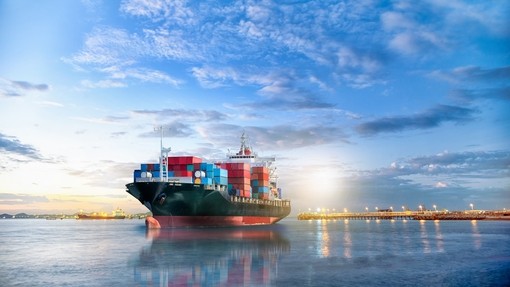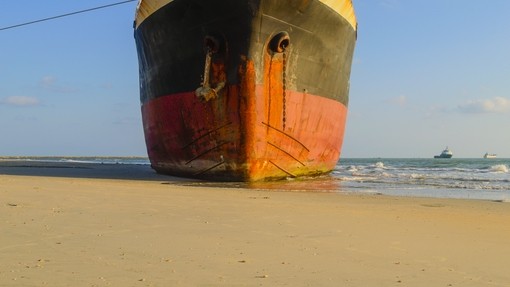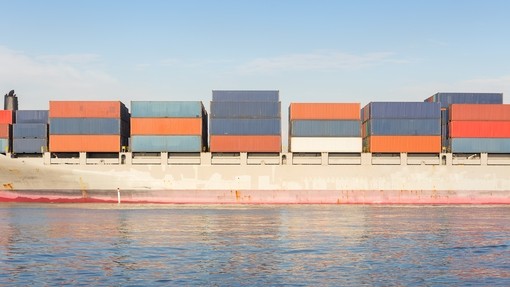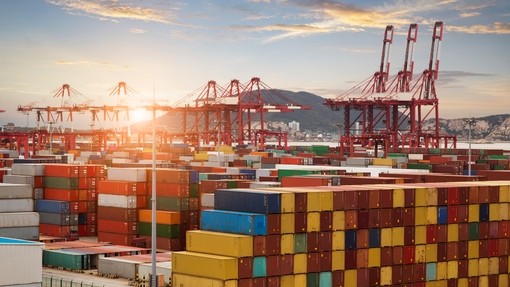Star Polaris LLC -v- HHIC-PHIL INC [2016] EWHC 2941 (Comm)
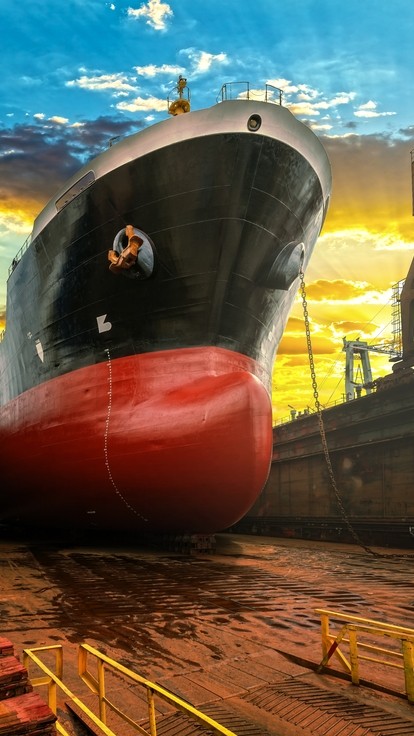
Details
In this recent decision, Mr Justice Cooke considered the meaning of ‘consequential or special losses’ in the context of a shipbuilding contract in an amended SAJ form and, in particular, by reference to a diminution in value claim considered by the buyer.
Factual background
The claimant buyer, Star Polaris LLC (the buyer), had entered into a variant of the standard SAJ contract (the contract) with the defendant yard (the yard) for the purchase of a Capesize bulk carrier, the “STAR POLARIS” (the vessel), which was delivered on 14 November 2011. However, on 29 June 2012 the vessel suffered a serious engine failure and was subsequently towed to South Korea for repairs. The yard denied all liability for the incident and the buyer commenced arbitration proceedings to recover the cost of:
- repairs to the vessel;
- towage fees, agency fees, survey fees, off-hire and off-hire bunkers caused by the engine failure; and
- at the hearing the buyer indicated that it wished to make a claim for diminution in value.
The Tribunal published its interim final award, finding that there was a causative breach of the yard’s warranty of quality (also finding that the chain of causation was broken as a result of the chief engineer’s negligence and therefore not all repair costs were recoverable). The Tribunal also found that the contract excluded liability for ‘consequential or special losses, damages or expenses’, that the word ‘consequential’ was used by the parties in the contract in its cause-and-effect sense and that a claim for diminution in value would also be a claim for consequential loss and therefore not recoverable.
The buyer appealed and the Court was required to determine two issues, namely:
- what was the correct construction of the phrase: ‘consequential or special losses, damages or expenses;’ in Article IX.4(a) of the contract. In particular, whether the phrase meant such losses, damages or expenses as falling within the second limb of Hadley -v- Baxendale, or a cause-and-effect meaning as held by the Tribunal; and
- if the Tribunal was right in its construction of Article IX.4(a), whether diminution in value constituted a ‘consequential or special loss.’
Legal issues
The relevant clauses in question were clauses IX.3 and IX.4 of the contract. Clause IX.3 set out the obligations expressly undertaken by the yard which included:
- to make all necessary repairs or replacements in respect of defects directly caused by defective materials, design error, construction miscalculation and/or poor workmanship at its expense (either at the shipyard or elsewhere);
- alternatively, to compensate the buyer in an amount equal to the cost of making the repairs and/or replacements; and
- to compensate the buyer for any documented expenses incurred by it in this process.
Clause IX.4(a) set out the exclusions of liability in the following terms:
‘Except as expressly provided in this Paragraph, in no circumstances and on no ground whatsoever shall the Builder have any responsibility or liability whatsoever or howsoever arising in respect of or in connection with the Vessel or this Contract after the delivery of the Vessel. Further, but without in any way limiting the generality of the foregoing, the Builder shall have no liability or responsibility whatsoever or howsoever arising for or in connection with any consequential or special losses, damages or expenses unless otherwise stated herein.’
The buyer contended that the meaning of ‘consequential or special losses’ should be construed in the context of the second limb of Hadley -v- Baxendale – that being, those losses in the reasonable contemplation of the parties at the time the contract was entered into. By contrast, the yard submitted that the phrase should be construed within the context of the contract itself.
The Court disagreed with the buyer’s interpretation. Article IX set out a code, excluding other liabilities imposed by statute, common law, custom or otherwise. The extent of the yard’s guarantee was set out in Article IX.4 and IX.3 to which it referred. The only express provision in Article IX.4 of responsibility and liability on the yard post-delivery of the vessel was the liability of the yard for defects directly caused by defective materials, design error, construction, miscalculation and/or poor workmanship.
The effect of the relevant provisions was that the obligations undertaken by the yard in respect of the guarantee were only to repair or replace defective items of the kind described above and the physical damage caused thereby, with all other financial consequences falling on the buyer. As a result, any potential claim for diminution in value would fall within the latter category. The reality was that there was no express provision that the buyer could point to which gave rise to a claim for financial loss, lost profit or diminution of value.
Following the judgment of the Tribunal, the Court held that ‘consequential or special losses, damages or expenses’ did not mean such losses, damages or expenses as falling within the second limb of Hadley -v- Baxendale but had the wider meaning of financial losses caused by guaranteed defects, above and beyond the cost of replacement and repair of physical damage.
The appeal was dismissed.
Comment
This case provides an interesting departure from the usual interpretation of consequential or special losses. Although the case turned on the particular wording in question, it is important to note that the contract was a variant of the standard SAJ form. Potential buyers should therefore be wary when encountering this wording in their contracts given the significant limitation to recoverability of losses any amendments to the standard SAJ form might lead to.
This article originally appeared in the January 2017 edition of shipping case digest. Other articles include:
PT Transportasi Gas Indonesia -v- ConocoPhillips (Grissik) Ltd & anor. [2016] EWHC 2834 (Comm)

